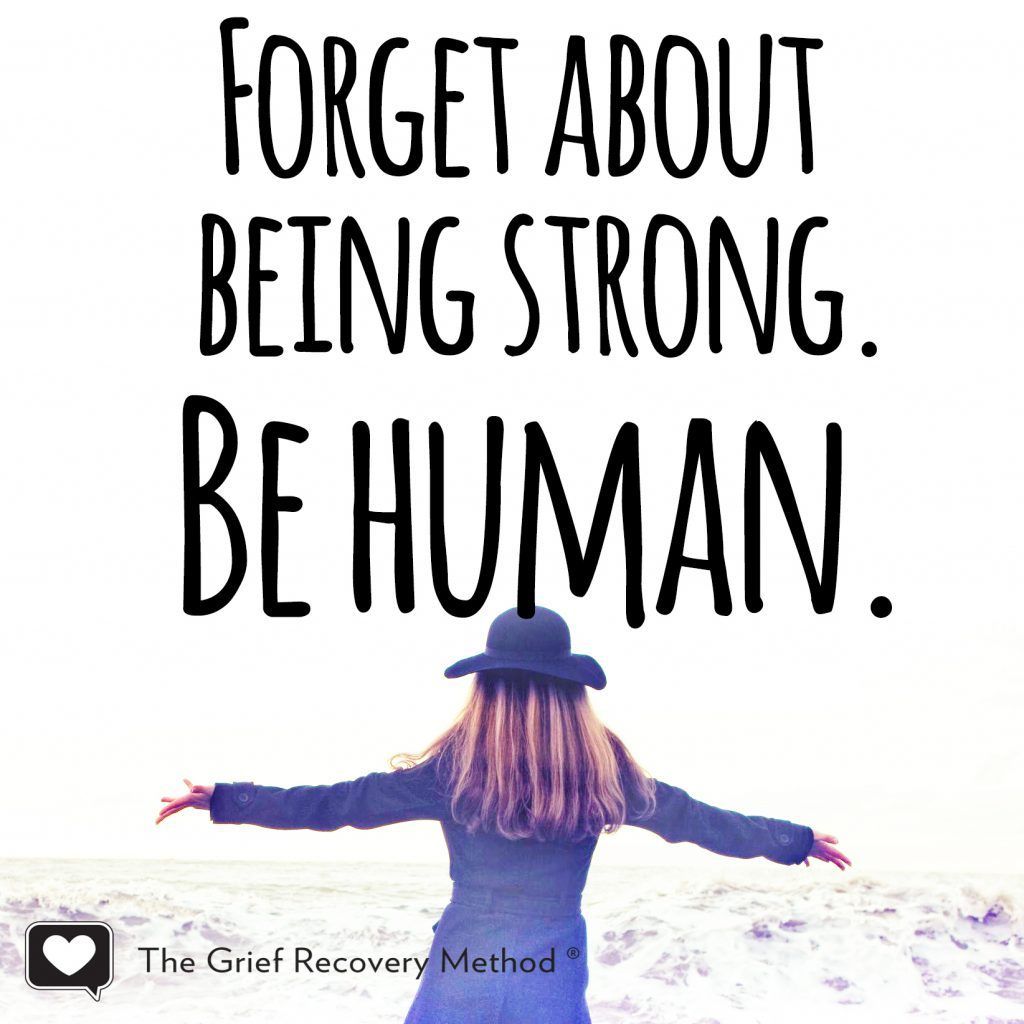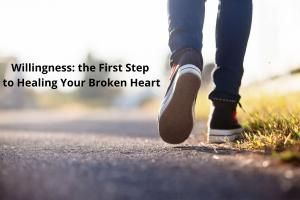Grief Recovery Can Heal Trauma
You hear the word trauma a lot these days. It’s great news that people are openly talking about devastating events that happened in their lives. The word trauma gets used in so many different ways that we thought you might like to know how the Grief Recovery Method helps with trauma.
Trauma is any event that causes psychological, physical, emotional, or mental harm like death, abuse, or a natural disaster.
A traumatic event could also be called a loss event.
- If someone dies, that’s a loss.
- If someone was abused, that’s a loss, too — a loss of trust.
- If someone is in a terrible car accident that results in a loss of safety or health.
Whether you want to call the event trauma or a loss doesn’t matter, but the result of a traumatic event is grief.
Grief is the normal and natural response to loss. It’s the conflicting emotions that result in the end of, or change in, a familiar pattern or behavior. It’s the feeling of wishing things would have ended differently, better, or more. And grief is the normal and natural feelings after a traumatic event.
Make no mistake about it, trauma is real and painful. The grief that happens as the result of trauma is also real and painful.
For example, if you see your dog get hit by a car, the event would most definitely be described as traumatic. The solution, however, is the same solution anyone with a broken heart would use following any loss. The griever has to get complete with the relationship to the pet that died. The way to do that is with the Grief Recovery Method.
Here are a few more examples.
Sexual abuse is a horrifying, devastating and painful for anyone to experience. Many people associate sexual abuse as being traumatic, but don’t associate it with grief. But if you stop and think about it, isn’t it a loss?
- With sexual abuse there is a loss of trust, whether it’s trust from the person who harmed them, or loss of trust in future relationships.
- Loss of control of one’s body.
- Loss of safety.
Suicide is an other example. It is often shocking for the survivors, but that does not mean they can’t recover. You might miss your friend who died, or wish you could have done something different to save him or her. That’s grief.
It’s harmful to mislabel grief as trauma because it isn’t accurate; trauma and grief are not the same. If you misdiagnose, you mistreat.
- Trauma turns a griever into a victim. Victims can’t feel better unless someone else takes an action.
- The Grief Recovery Method® gets to the core of the grief; so the griever can go on to lead a happy and healthy life.
- Recovery means gaining back something you lost. What is lost after a traumatic event is the quality of your life.
The Grief Recovery Method gives people new tools and skills that can give them the ability to recover from trauma and losses.
The bonus is that when new losses occur, people will be better equipped to address their feelings so that the trauma and grief don’t continue to keep them heartbroken for years to come.
A person’s life is forever changed after significant trauma, but the grief, sadness, or heartbreak that comes with it doesn’t have to be the new normal.
As professionals, parents, friends, and caregivers, the more we know the more compassionate we can be. We must recognize trauma and understand how powerful the impact of that trauma is on people’s physical, mental, and emotional health. We must also know that there is a solution to heal, and that solution is the Grief Recovery Method. Click here to learn more about Mary Hargrave and her work with the Grief Recovery Method.
The post Grief Recovery Can Heal Trauma appeared first on Mary Hargrave - Grief Coping Specialist.

Wondering how the Grief Recovery Method is different from traditional grief support? Great Question!








